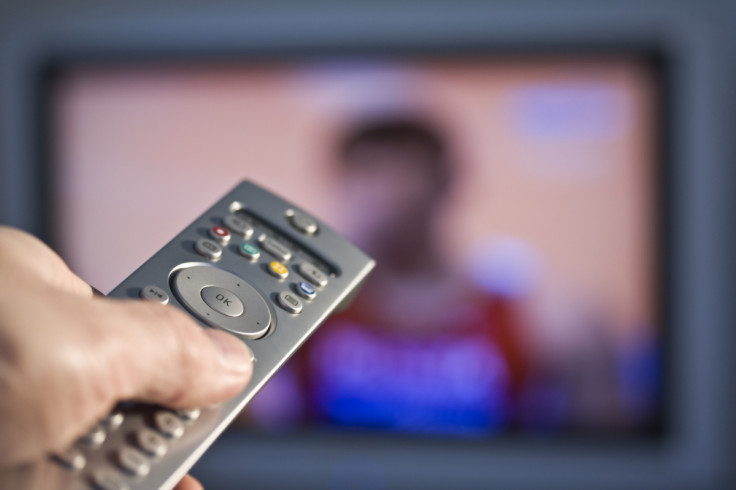Vizio pays $2.2m for spying on millions of its smart TV customers
Popular smart TV maker collected data without consent and sold it to advertisers.

Vizio, the US-based smart TV manufacturer, has agreed to cough up $2.2m (£1.8m, €2.1m) to settle a case brought forward by the Federal Trade Commission (FTC), which alleged it used special software on its products to 'track' customers without consent.
In order to settle, the firm has agreed to halt all unauthorised tracking, to prominently disclose its TV viewing collection practices and to now get consumers' express consent before collecting and sharing collected viewing data, the FTC said.
In addition,Vizio must delete most of the customer data it collected since 2014 and put a privacy program in place that fully evaluates its business practices. The FTC will get $1.5m of the money, while the New Jersey Division of Consumer Affairs will get $1m.
In a blog post, the FTC slammed the consumer electronics firm for making products that "automatically tracked what consumers were watching and transmitted that data back to its servers". It said even older TV models were "retrofitted" with the tracking abilities.
All in, Vizio captured "as many as 100 billion data points each day from millions of TVs" including viewing data from "cable or broadband service providers, set-top boxes, streaming devices, DVD players, and over-the-air broadcasts".
Vizio later used the collected masses of data to make money, selling viewing histories to third-party partners and advertisers. The tracking function was allegedly stealthily hidden as a "smart interactivity" function that failed to properly inform customers about its true purpose.
"For decades, only you knew the television programs you watched from your living room. That's starting to change," Kevin Moriarty, FTC attorney at the division of privacy and identity protection, said in a blog post published on 6 February.
He continued: "Before a company pulls up a chair next to you and starts taking careful notes on everything you watch and then shares it with its partners, it should ask if that's okay with you. Vizio wasn't doing that, and the FTC stepped in.
"This settlement stops Vizio's unauthorised tracking, and makes clear that smart TV makers should get people's consent before collecting and sharing television viewing information."
In a statement posted to its website, via its Twitter feed, Vizio attempted to put a positive spin on the heavy financial penalty it received.
"Vizio is pleased to reach this resolution with the FTC and the New Jersey Division of Consumer Affairs," said Jerry Huang, the firm's general counsel. "This resolution sets a new standard for best industry privacy practices for the collection and analysis of data collected from today's internet-connected televisions and other home devices.
"The FTC has made clear that all smart TV makers should get people's consent before collecting and sharing television viewing information and Vizio now is leading the way."
See the full federal court ruling below:
© Copyright IBTimes 2025. All rights reserved.






















